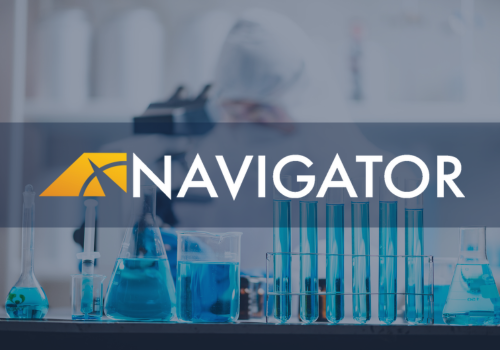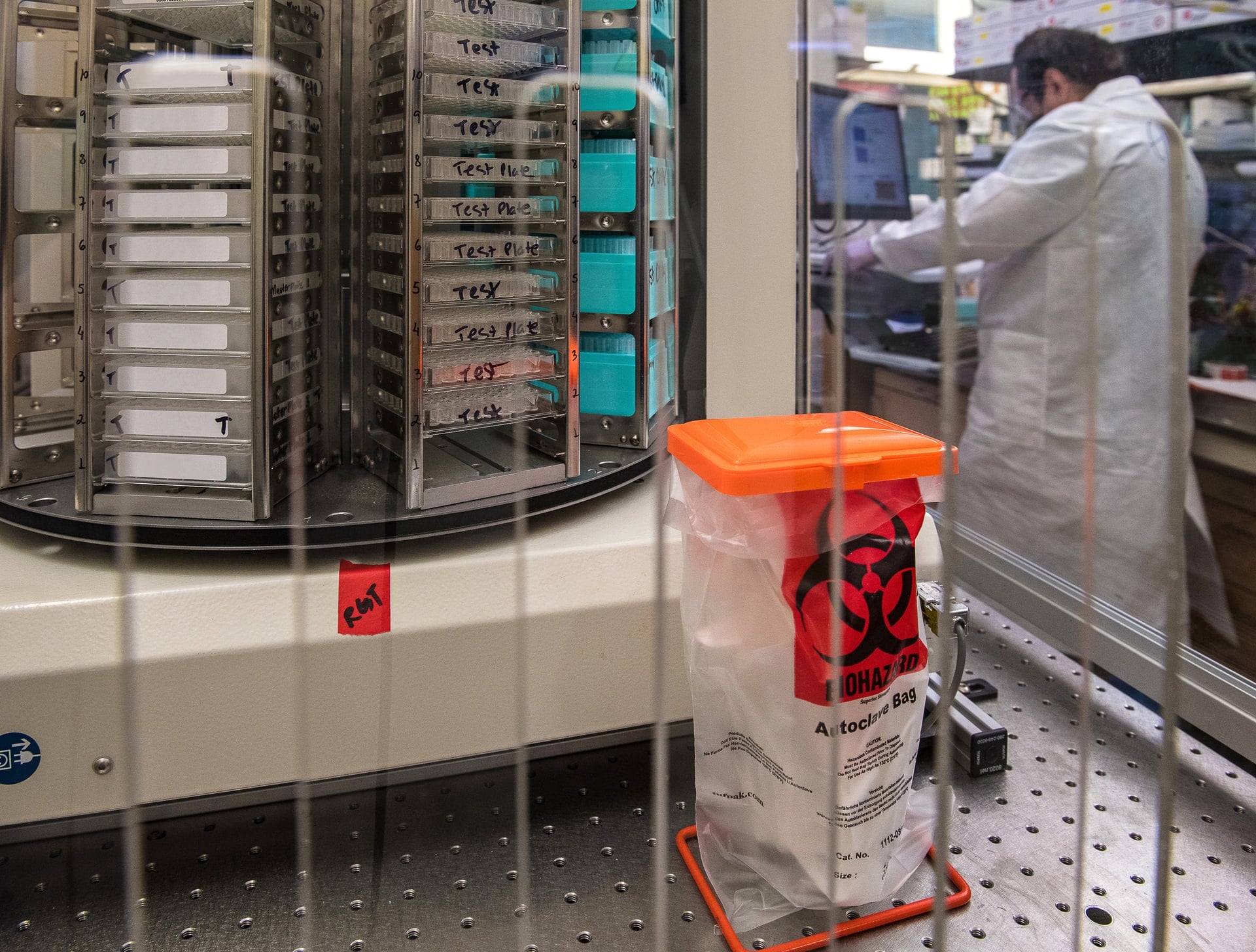Automation of key business processes in the life science industry has profound benefits. SAP ERP is one such tool that allows companies in the life science industry to do just that.
The Pharmaceutical Industry is one of the most highly regulated industries and ERP solutions for life sciences now incorporate features and functionalities that help maintain compliance with different regulations. Manufacturing processes must be in accordance with GMP guidelines in the pharma industry.
A life-sciences ERP software solution can also provide insights into how to improve quality control in the pharmaceutical industry. In this article, out of the different regulatory requirements that a pharmaceutical company must comply with, we will specifically look at SOX compliance requirements.
Read how CBM implements a GMP Validated System with Navigator here.
What Is SOX?
The Sarbanes-Oxley Act (SOX) was passed by the United States Congress as a response to major corporate and accounting scandals in 2001 and 2002. The main aim of this act was to protect shareholders and the general public from accounting errors and fraudulent transactions in enterprises. It was also seen as a way to improve the accuracy of corporate financial disclosures.
It is named after Congressmen Paul Sarbanes and Michael Oxley, who drafted the act with the goal of improving corporate governance and accountability, in light of the financial scandals that occurred at Enron, WorldCom, and Tyco.
The act sets deadlines and strict regulations that all public companies must now comply with both on the financial side and on the IT side. Sarbanes-Oxley is arranged into 11 titles. As far as SOX compliance is concerned, the most important sections within these are often considered to be 302, 404, 409, 802, and 906.
What Does SOX Compliance Entail?
While the details of the Sarbanes-Oxley Act are complex, “SOX Compliance” refers to the annual audit in which a public company is obligated to provide proof of accurate and secured financial reporting. Ensuring SOX compliance comprises the following four basic functions,
- Keep data secure and free of tampering.
- Track attempted security breaches and come up with resolutions.
- Maintenance of event logs for independent auditing.
- Prove compliance for the past 90 days.
In a SOX audit, the company proves compliance by providing documentation showing that it has met mandated financial transparency and data security thresholds.
SOX Compliance In The Pharmaceutical Industry
Sarbanes-Oxley, today, is not limited to the finance and accounting industry anymore, rather it includes various other areas such as pharma, IT, and food safety, among others.
To comply with, and reap the benefits of, SOX, companies must develop proactive and robust strategies. Section 404 of SOX requires pharmaceutical companies to establish and uphold sufficient internal controls. John Rhodes, managing partner of the pharmaceutical and life sciences division of Deloitte and Touche suggests a strategy that includes the following:
- A culture of effective risk management and identification of negative vibe within an organization must be established. This culture should enable and empower employees to bring any existing negativity within the organization to the notice of the management without any fear.
- A sustainable process for identifying and communicating risks within the organization must be introduced by the management team.
- The key rule to ensure SOX compliance is to have a proactive strategy as opposed to a reactive one. The proactive approach helps the management team identify associated risks with the process of manufacturing before any financial or reputation loss occurs.
- Trained professionals must be appointed to ensure that the sustainability and functionality of risk management are at par with the requirements of being SOX compliant.
- Pharmaceutical manufacturers should see to it that risk assessments throughout business processes such as manufacturing, commercial and scientific are managed and taken care of.
Software Assistance For Sox Compliance
Since it has been thrust upon companies, the Sarbanes-Oxley Act has given many executives plenty of sleepless nights. Corporate transparency matters more than ever now and SOX audit software eases the burden of compliance by automating the entire process from control design, testing, and monitoring, to certification and reporting. Companies are under immense pressure to provide certified evidence that proves the efficacy of their internal controls, and that their governance and accounting processes are reliable.The following are some of the benefits of using software tools to aid in SOX compliance:
- Enhanced corporate transparency: Enables companies to bolster trust with stakeholders through complete compliance assurance.
- Strengthen business assurance and oversight: This is achieved by consolidating the SOX compliance framework, continuously monitoring controls, and reporting on findings, status, and progress in real-time.
- Optimize internal controls and prioritize risk: Control process optimization and risk management can be improved by automating the certification of controls and processes as required in SOX Section 404.
- Reduce costs and increase efficiency: Time and money can be saved by centralizing data, and automating control testing, questionnaires, and certification. This data is then used to provide key insights into risk management and controls.
Final Takeaway
All publicly-traded companies, wholly-owned subsidiaries, and foreign companies that are publicly traded and do business in the United States must comply with SOX. The Sarbanes-Oxley Act (SOX) was enacted to protect investors, creditors, and employees from harm due to fraudulent financial reporting and accounting activities by public corporations. SOX focuses on four key areas: auditor oversight and independence, restrictions and ethical expectations of analysts, executive responsibility for financial reporting, and internal control reporting (section 404). Non-compliance with SOX controls and regulations can result in heavy fines, and in some cases even lead up to 20 years in jail.








